John Deere appears to have been violating the Clean Air Act by restricting repair to its own dealerships, Repair.org and the US Public Interest Research Group (PIRG) reported today.
When Deere has applied to certify its engines with the Clean Air Act, the company has promised that its manuals include a line saying “a repair shop or a person of the owner’s choosing” can fix the emissions controls on its engine. The vast majority of those manuals have had no such line, and Deere requires owners to come to a dealer for emissions repairs.
Just 12 of 150 manuals, by a Repair.org count, have included the required language asserting repair-friendly practices. Farmers report that when Deere engines need emissions control repair, they go into “limp mode,” disabling all functions but those needed to get them out of the way of other equipment. Only dealers can get a machine out of limp mode—that’s a far cry from the required any repair person. If the handful of engines that have manuals with repair-friendly language also go into limp mode for emissions control repairs, then Deere has lied not only to the Environmental Protection Agency (EPA) but also to their own customers.
Today, Repair.org and PIRG are calling on the EPA to investigate Deere’s misrepresentations.
Crops Rot While Farmers Wait for Deere Repairs
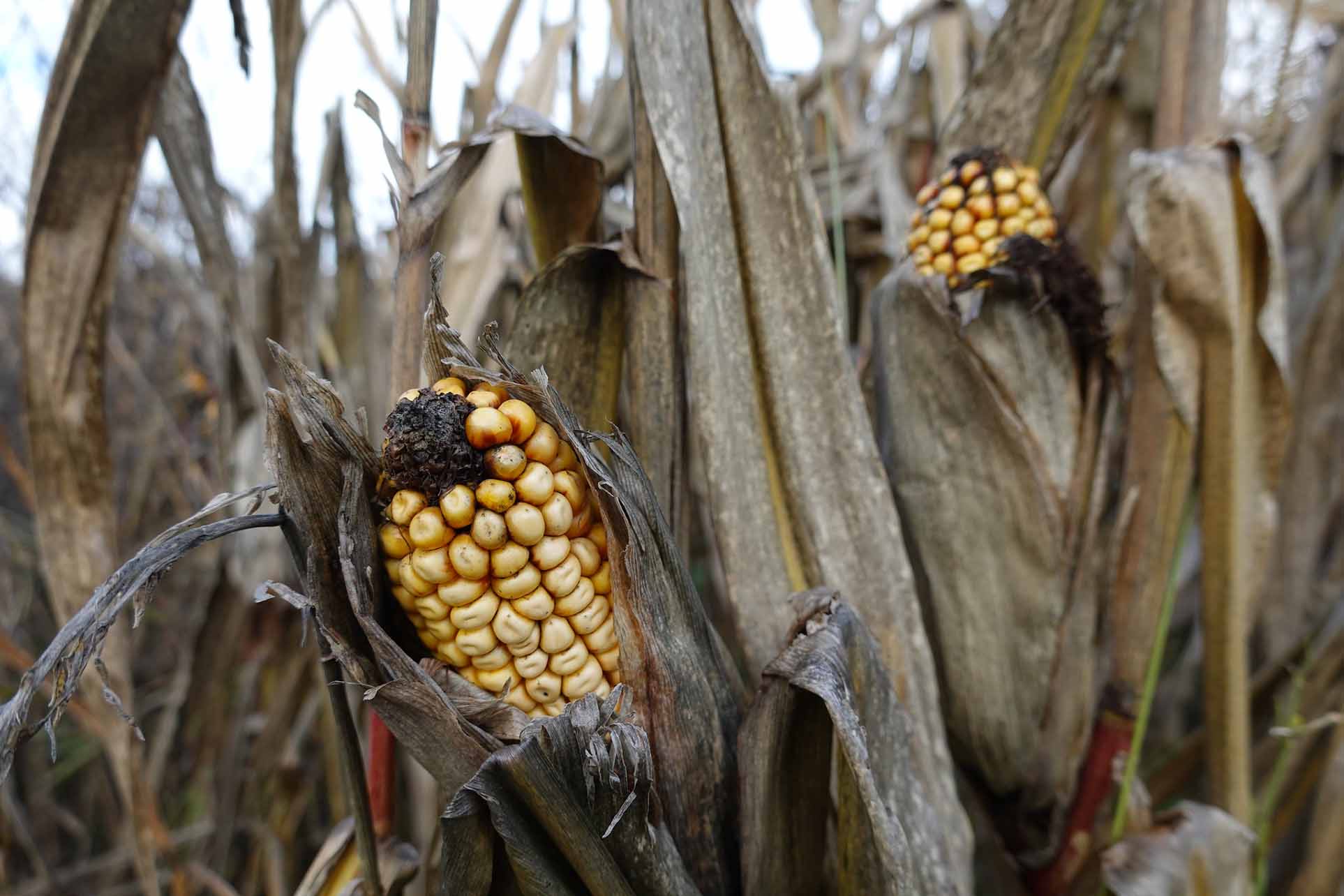
If you’ve heard anything about the Right to Repair, you’ve probably heard how much trouble farmers have had with John Deere equipment. We’ve written about it repeatedly, but here’s the skinny: Deere restricts a lot of repairs to their dealerships—and there’s just one of those for every 5.3 million acres of farmland in the US. For instance, Delaware’s only John Deere dealership services 2,300 farms, which means long lines for repair service. Farmers around the country report waiting weeks on Deere technicians to get their equipment working again, while their crops rot in the fields.
Deere’s in serious trouble for these restrictions. This year, they’ve been served an impressive 17 antitrust lawsuits (nine of which got compiled). We joined a group of farm advocates in calling on the FTC to pursue action against Deere for anticompetitive practices. And now, Deere faces this call for the EPA to investigate its violations of the Clean Air Act.
The EPA Requires Manufacturers to Allow Independent Repair
Our friend Willie Cade—grandson of a Deere engineer and midwest director of the Repair Association—was reading through the Clean Air Act recently (as do we all on a lazy Saturday). He noticed something odd. In their application, manufacturers of nonroad diesel engines are required to promise that their manuals
“state clearly…that a repair shop or person of the owner’s choosing may maintain, replace, or repair emission-control devices and systems. Your instructions may not require components or service identified by brand, trade, or corporate name. Also, do not directly or indirectly condition your warranty on a requirement that the engine be serviced by your franchised dealers or any other service establishments with which you have a commercial relationship.”
Willie thought that was weird, knowing that Deere doesn’t let anyone but dealers fix their emission-control equipment. In fact, Deere does all those things the application says not to do—they require Deere parts and condition their warranty on the use of franchised dealers.
But do they “state clearly” that anyone can fix their machines’ emissions control systems? To find out, Willie went back through decades of Deere Operator’s Manuals. We weren’t surprised to hear that the vast majority of Deere’s Operator’s Manuals have no such clear statement of independent repair shop friendliness. A tiny few manuals, to our surprise, did include the required statement.
Deere Appears to Have Lied—to Farmers and to the EPA
Willie’s research suggests that Deere has been lying for decades, in two ways:
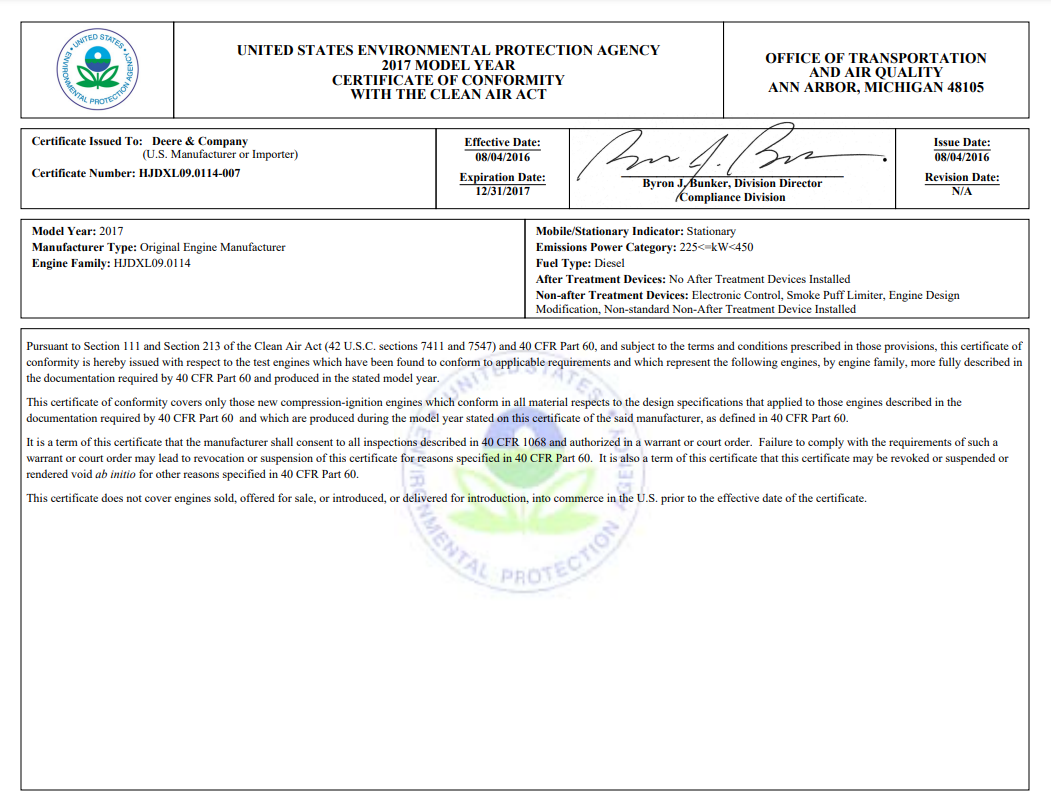
- They appear to have been lying to farmers. Do the 12 engines with manuals that promise anyone can fix their emission-control systems go into “limp mode” when those systems fail? Repair.org and PIRG are asking the EPA to confirm.
- They appear to have been lying to the EPA. By submitting an application for an engine to comply with the Clean Air Act, manufacturers must “unconditionally certify” that they meet all the requirements. John Deere has been doing that for all their equipment, for many years. They seem to have misrepresented themselves on each application for their nonroad engines that have a Clean Air Act certificate of conformity but don’t have a repair-friendly statement in their Operator’s Manuals.
And they’ve done it all with the supposed justification that they’re protecting us from rogue hacker-farmers souping up their tractors in violation of the Clean Air Act. When Deere has responded to complaints from repair advocates, they’ve particularly named the risk of farmers getting into emissions control systems, saying the “right to modify” those systems:
“would create significant environmental and safety risks to operators and bystanders, through illegal tampering and unauthorized hacking of safety controls, engine performance, and emissions controls required for Clean Air Act (‘CAA’) compliance”
All the while, by locking farmers out of emissions controls, Deere has actually been out of Clean Air Act compliance themselves.
Why Does the EPA Require Third-Party Repair?
It makes good sense for emissions controls to be repairable by third parties. The sooner emissions are brought in line, the better—and waiting on manufacturer repair can be slow.
In a report on the effectiveness of on-road vehicle emissions-control programs, the EPA noted, “Programs will only be effective if poorly performing vehicles are identified and actually repaired in a timely manner.” Increasing the number of shops certified to do these repairs makes it more likely they’ll be done quickly, the report explains. The same reasoning applies to nonroad vehicles.
Plus, third-party eyes on those systems help keep them in check. Historically, the most serious violators of emissions control regulations have not been rogue hacker-farmers but manufacturers themselves.

Volkswagen was infamously caught using a “defeat device” to help their diesel cars pass emissions requirements, in a scandal known as Dieselgate. In the ensuing months, it became clear that Volkswagen was far from alone: Most major diesel car manufacturers were also cheating on their emissions tests. One analysis estimates that 6,800 premature deaths across Europe in 2015 could be attributed to that cheating.
Now, I’m not saying that Deere has been keeping third-party repair people out of their emissions systems because they’re trying to keep anyone from noticing some kind of nefarious device. There’s no evidence of that. I’m just saying that if they did have a software-based defeat device, limiting access to the emissions control system software would be a good way to keep anyone from figuring it out—and that might be why the EPA doesn’t want them to keep it proprietary.
Of course, there’s a simpler reason for Deere to want to keep emissions control repairs in-house: Repair is good business. They can drive business to their dealerships by reserving some portion of repairs for their in-house shops. Emissions controls and the EPA make for a good scapegoat—farmers often encounter EPA restrictions on their operations, and agricultural publications are rife with op-eds describing how those regulations stifle innovation.
But this time, the EPA gets to be the good guy for farmers. By pursuing action against Deere for their violations of the Clean Air Act, the EPA could finally deliver what farmers have been demanding for years: The Right to Repair their own tractors.
The Securities and Exchange Commission could aid in the effort: The Certificates of Conformity or the applications for them might qualify as “misleading statements about a company,” which could affect shareholders’ interests in Deere & Co. Shareholder groups such as Green Century, which has been pushing Deere toward repair-friendly practices, could use this finding to petition the SEC to investigate.
Other Manufacturers, Go Fix Your Manuals
Though Deere’s repair restrictions have been especially egregious, they’ve also sadly become industry standard. There are many manufacturers of nonroad diesel engines sold in the US, all of which must be certified according to the Clean Air Act.
So consider this a heads up, other nonroad diesel engine manufacturers with Clean Air Act certifications—that means you, Caterpillar, Isuzu, Kubota, Mitsubishi, and Yanmar. Do all your manuals state on the first page, as required, that your emissions control systems can be repaired by a shop or person of the owner’s choice? If not, get ready: Repair advocates are turning a spotlight on these violations and demanding that the EPA take action.
Everyone else, if you’ve seen a nonroad diesel engine manual without that required statement of repair-friendliness, or if you’ve seen a Deere engine with that statement go into “limp mode,” let us know.
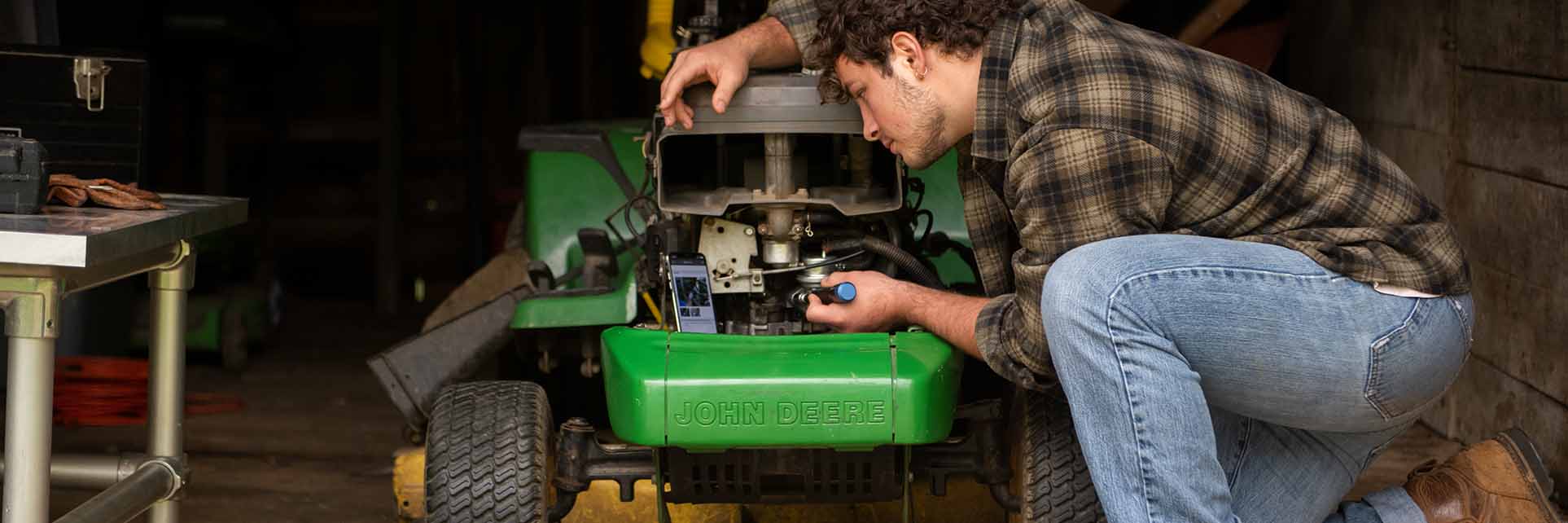

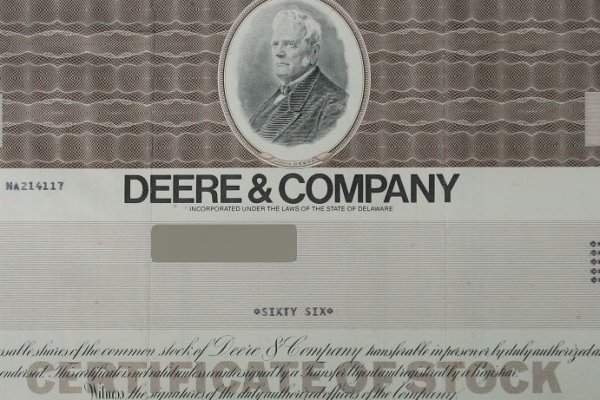

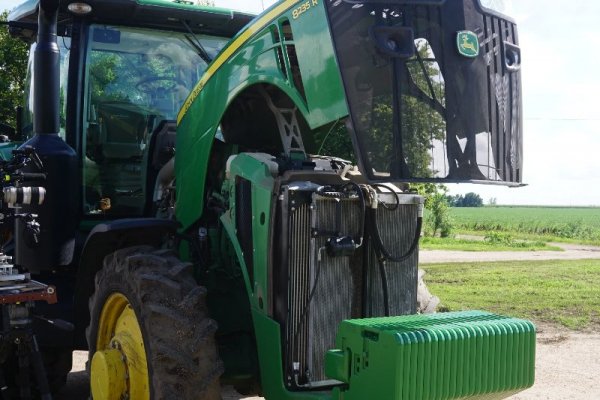
3 Comments
CAT has been doing that since they first put electronic controls on engines in the early 1990s. As far as VW violating emissions standards they were trading NOX for CO2. If you believe that global warming caused by CO2 emissions is the greatest threat to our existence then the engineers who made that tradeoff should be given hero medals instead of being prosecuted. NOX is far less of a problem in general and is no problem whatsoever outside of large cities. All of the enviro nuts who seized on this to try to eliminate diesels have succeeded in increasing CO2 emissions significantly as a result. That "6800 premature deaths" caused by "cheating" (which, BTW was legal in Europe anyway) has got to be a bogus claim. How many deaths will be caused by global warming increased by the elimination of diesels?
Paul Bunce - Reply
You're absolutely right that trading CO2 for NOX is not an unqualified loss. What in sustainability is not a matter of complicated tradeoffs? For another example: Though per-kilometer, diesel cars emit less CO2 than petrol cars, per-vehicle they emit more, because they're driven further.
But I wish to challenge the notion that NOX is "no problem whatsoever outside of large cities"—particulate matter and ozone, consequences of NOX pollution, can both travel significant differences. This is the full version of the Nature study referenced in the article, the source of the 6,800 premature deaths statistic. The excess diesel emission NOX contributed 4% of EU-28 particulate matter and 10% of ozone production in 2015; that ozone production decrease wheat yields by 0.2%–0.3%.
Do you have a source re: defeat devices being legal in Europe? My understanding was that the vehicles were performing in excess of EU standards at the time of the scandal, but I'm struggling to find a source that confirms one way or the other.
Elizabeth Chamberlain -
I'm also interested in your source regarding the legality of defeat devices in Europe at that time. According to Article 19 in the Regulation (EU) No 168/2013 of the European Parliament and of the Council of 15 January 2013 on the approval and market surveillance of two- or three-wheel vehicles and quadricycles, they were clearly banned. Did you have some different information?
Maria Parker -